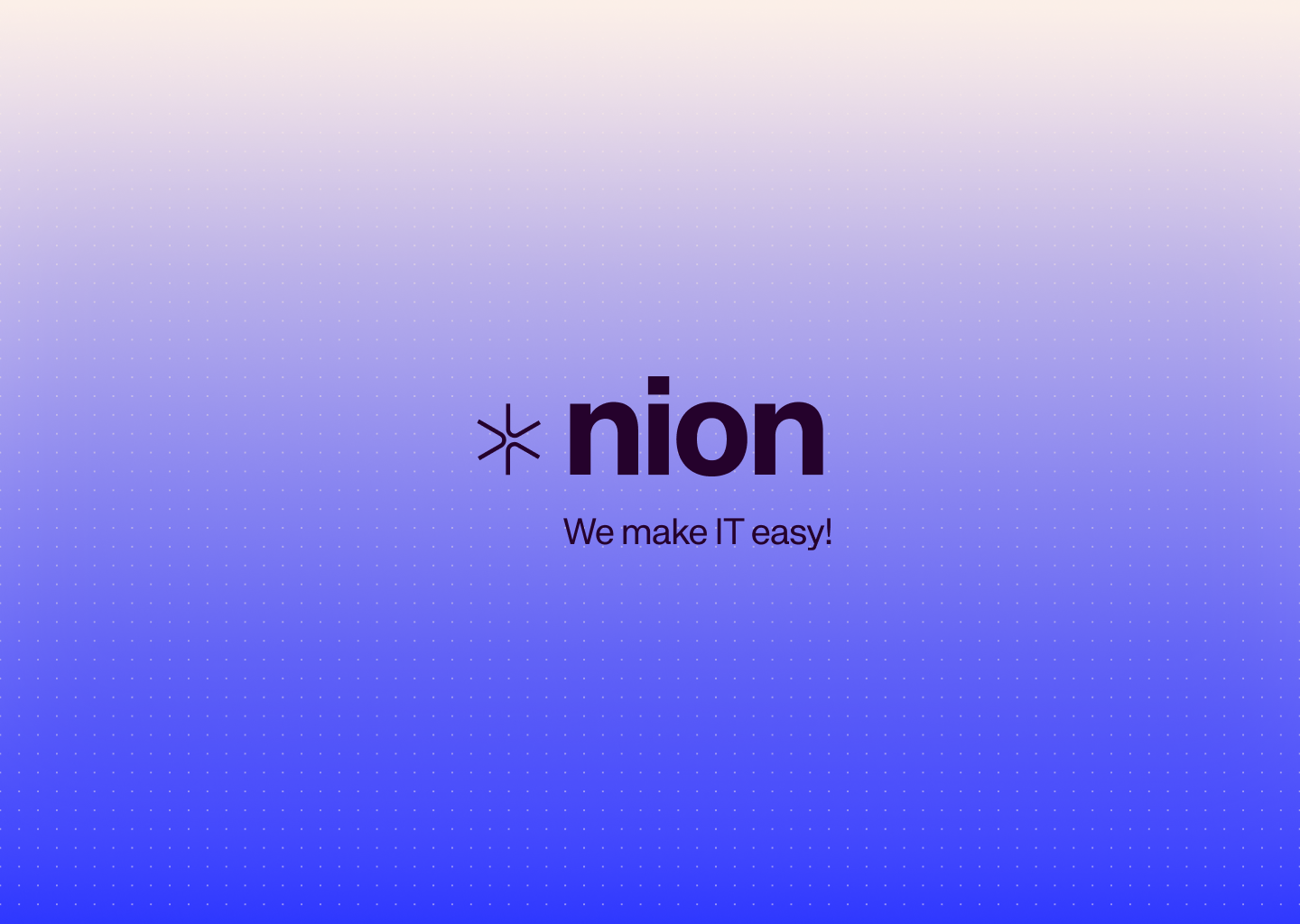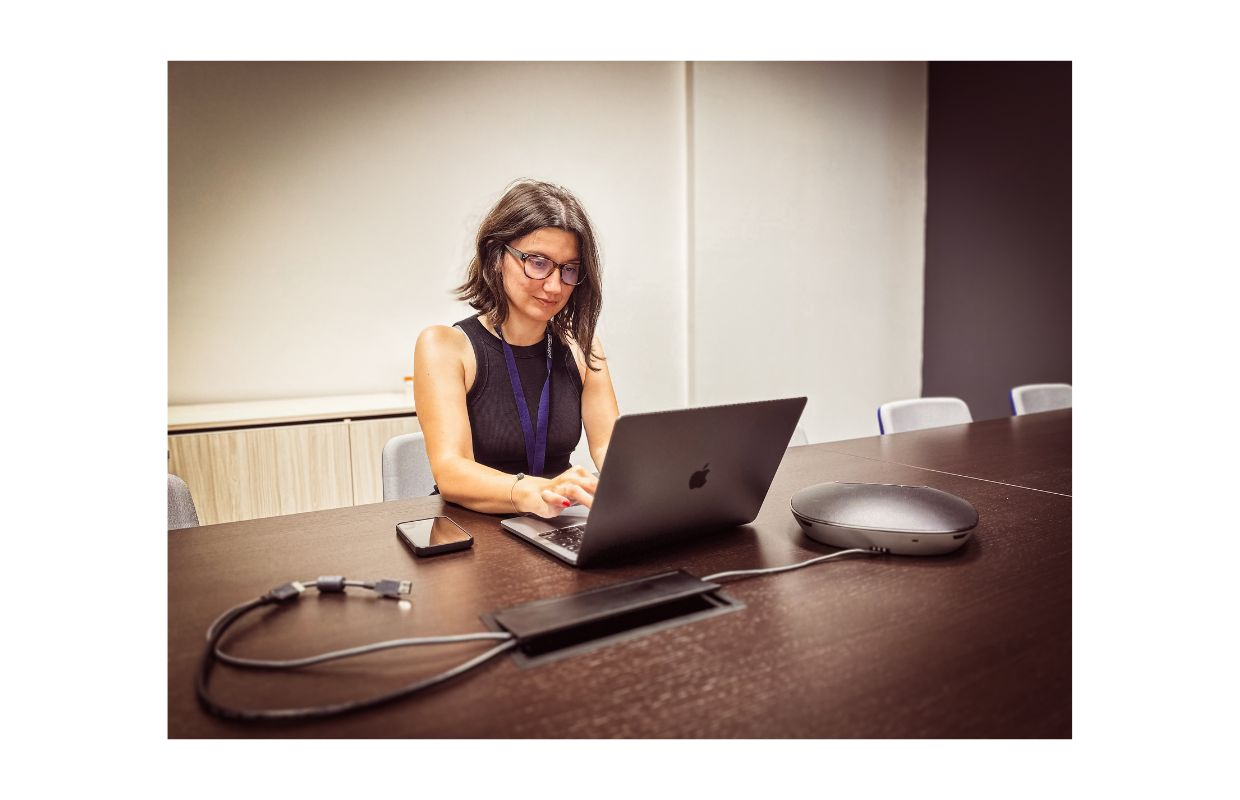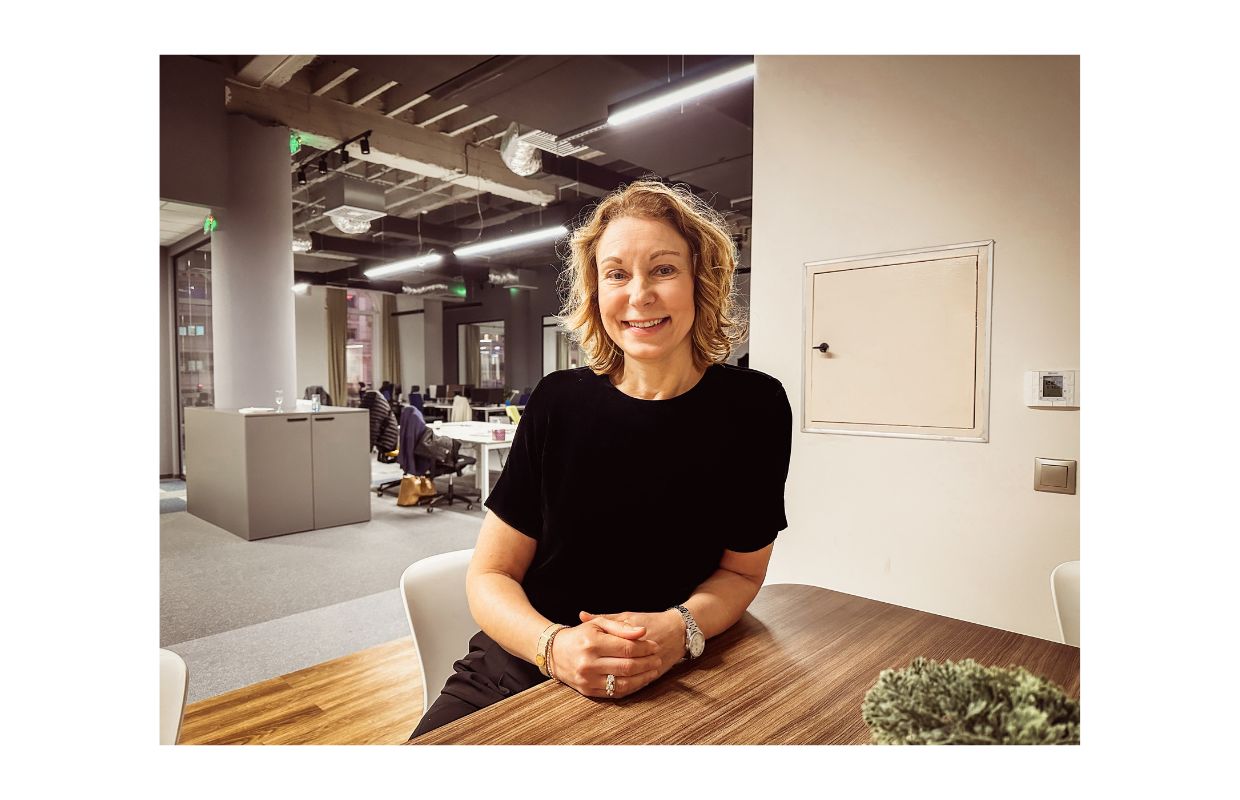Last week we spoke about our Team Lead training which is one of the learning sessions we offer in order to build stronger development teams. As we have mentioned many times before, Polar Cape’s unique offering comes from our core values of quality, integrity, and flexibility. Being flexible, among other things, means that we can deliver different types of partnership. Our services vary from individual consultants to full development teams, with a combo of local and nearshore presence. However, how we build our teams and how we constantly work on improving the way we work together is what truly makes us unique. Putting together an extensive workshop and training on Agile methodology is another time and resource investment we have made into further improving our teams this year.
Agile Training at Polar Cape
Polar Cape’s Agile methodology training was put together by our consultants who have years of experience with the methodology. Besides theoretical learning, it’s intertwined with real-life examples and exercises from their professional experiences.
All Polar Cape consultants are eligible for the training. Each group of trainees has around 16 people. This is, according to the creators of the training, the ideal size for hosting an online workshop. Each team goes through 4 carefully curated sessions, after which trainees should take a test. The required score to pass the test is above 80%.

The Agile Training Sessions
The Agile training sessions take place online and everyone collaborates through a Miro board. All sessions have a check-in and check-out section, that is meant to personalise even further the experience of the trainees. For example, Session 1 starts off with everyone telling the story of what they wanted to become when they grow up, through sharing an image on the board.

Session 1 is called Scrum Theory and Scrum Values. This is an introductory session that serves to set the foundation for all following sessions. It checks out with the participants writing something they’ve learnt from the session.

Session 2 goes into more depth about the Scrum Team. It explains the role and responsibilities of a Scrum Master. This session goes deeper into explaining that a team includes everybody we need in order to successfully deliver a product. The process should support collaboration with each person who contributes to the product. During the session everyone shares how they understand the collaboration in their team.

Session 3 covers Scrum Events. This is a crucial part of the Agile training, since it covers time management. Scrum is a framework with roles, artifacts, and events. Scrum events are stand ups, sprints, retrospect meetings, etc. This session teaches us that these meetings should focus on takeaways and purpose, not the format of the meeting. It helps teammates understand how to set goals, and how we align the means to achieving those goals.
After completing the 4 sessions, everyone should know what it means to participate in a scrum team.

Session 4 is the final one, and it covers Scrum Artifacts. A favourite exercise among our team takes part in this session. It covers a case study about being a Product Owner for a streaming service. The instructions include product goals and a product backlog. The assignment is to prioritise tasks from the backlog aiming to meet product and sprint goals. Then everyone explains their arguments behind why they think something is of a higher priority. When each participant modifies the list, this creates a great discussion and exchange of ideas.
After completing the 4 sessions, everyone should know what it means to participate in a scrum team.

Conclusion
38 of our teammates at Polar Cape have completed our full Agile training composed of 4 sessions. An important thing to note is that in today’s IT landscape you can’t go without Agile methodology. And even if a consultant has had training earlier in their career, the methodology and how we work with it evolves over time.
We take special pride in having established a practice of knowledge sharing among teammates. By fostering a culture of continuous learning, we create an environment where consultants can continuously improve. Investing the hours to learn helps us maintain the quality of the services we offer, and helps us grow as a collective, and as individual consultants.













